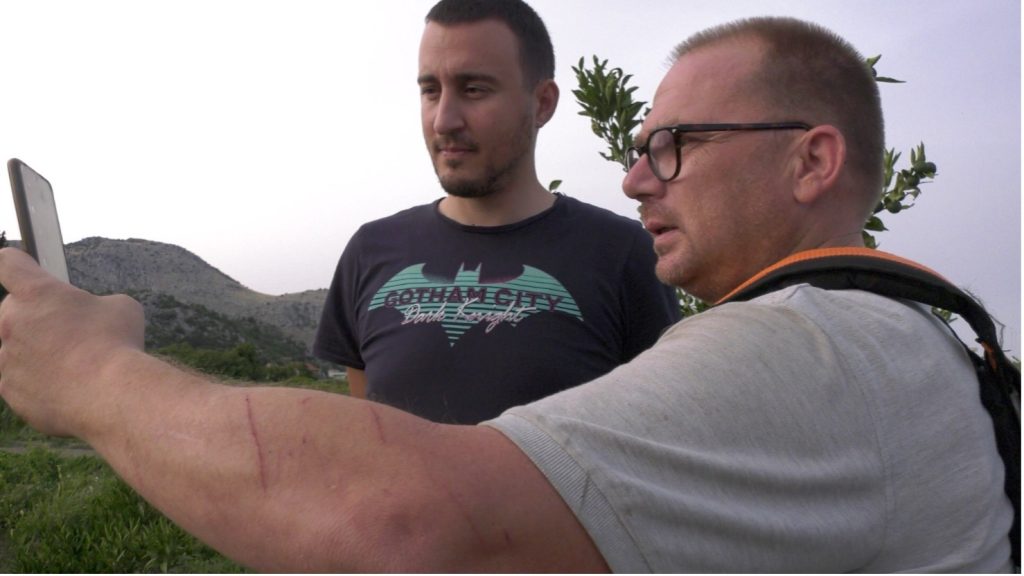Interview − 27 Jun 2023
Bart Nieuwenhuis, Professor at Department of High-Tech Business and Entrepreneurship at University of Twente, talks about his expertise and his point of view on dRural as Advisory Board member
What is your field of expertise?
BN: I have been working in the telecommunications industry for over 40 years. Throughout my career I have been concerned with the question of how companies and governments can benefit from ICT developments. For more than twenty years I worked for the Dutch incumbent network operator that had to deal with the transition from mainly a telephone company to an internet company. After that I worked as a consultant for more than 15 years, where we advised companies on the use of ICT. In addition, I have been working as a full professor at various universities for more than 25 years. I mainly work in the field of business and ICT. The development of service platforms is one of my areas of interest because exactly here, the economic and technological aspects come together. It is one of my favorite topics while working for business schools. Developing viable business models in multi-sided platforms is a major challenge from both a theoretical and a practical point of view. In recent years I have been involved in start-ups and incubators as well as new business development in small and large companies. I have worked with SMEs in rural regions in the Netherlands, so I have seen the challenges that exist in the agri-food sector. I recently completed study on digitalization in healthcare in the Netherlands.
How could your experience contribute to the project’s success?
BN: I think that my knowledge and experience can directly benefit the project. The dRural project has – rightly so – great ambitions. The dRural project focuses on the development of digital service markets. The crossover between technology and economy plays an important role in this. My experience with projects in the agri-food sector and digitalisation in healthcare can help the project move forward. After all, the challenge is to ensure that the investment of all partners and that of the EU will ultimately take root. Both the private and public sectors often lack the right knowledge and experience to actually use the benefits of digitization for the economic development of a region. The same applies to digitization in the healthcare sector.
How do you think dRural can contribute to creating and developing smart communities in rural areas?
BN: For dRural it is very important to use methods and techniques to understand the needs of the different stakeholders. In general, the diversity of needs in rural areas is enormous, compared to that of urban environments. Stimulating existing, local developments in each region is therefore of decisive importance for the success of dRural.
Photo by Wolfgang Weiser from Pexels



